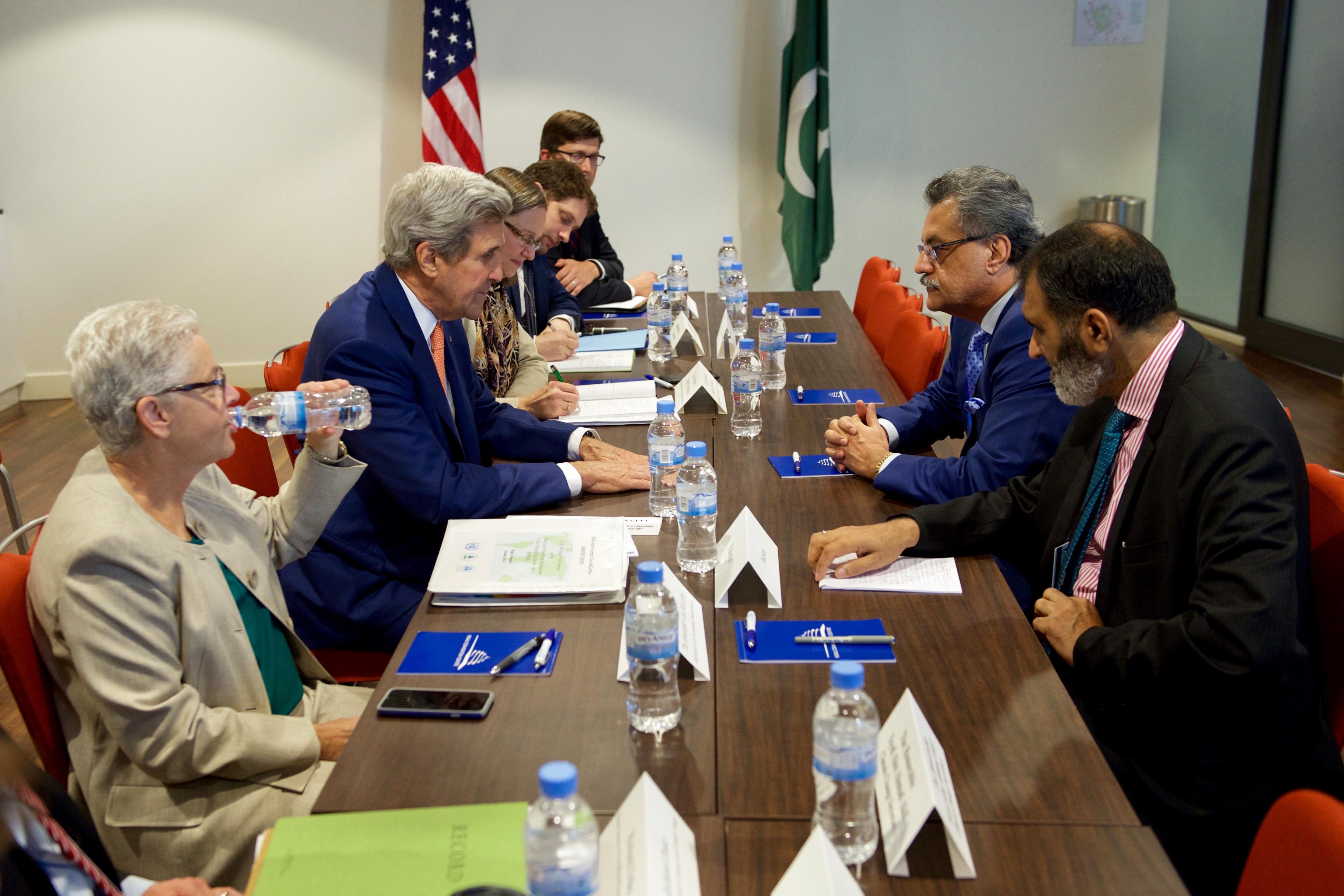
Hydrofluorocarbons (HFCs) are considered a “supercharged” greenhouse gas–shorter lived than the carbon dioxide, the most prolific greenhouse, but nearly 4,000 times more effective at trapping heat in the atmosphere when measured over a five-year timeframe. Used in air conditioners, insulating foam, and even data center cooling systems, they were developed to replace chlorofluorocarbons and related chemicals, which ran afoul of the international community themselves for the damage they were doing to the ozone layer.
Now a seven-years-in-the-making update to the 1987 Montreal Protocol environmental treaty has been embraced by nearly 200 nations this week in Kigali, Rwanda. The deal is “expected to lead to the reduction of the equivalent of 70 billion tons of carbon dioxide from the atmosphere — about two times the carbon pollution produced annually by the entire world,” The New York Times reports.
Adds the Guardian:
More than 100 developing countries, including China, the world’s top carbon dioxide emitter, will start taking action in 2024, sparking concern from some groups that the action would be implemented too slowly to make a difference. A small group of countries, including India, Pakistan and some Gulf states, also pushed for and secured a later start in 2028, saying their economies need more time to grow. That is three years earlier than India, the world’s third worst polluter, had first proposed.
Worldwide use of HFCs has soared in the past decade as rapidly growing countries like China and India have widely adopted air conditioning in homes, offices and cars. But HFC gases are thousands of times more destructive to the climate than carbon dioxide, and scientists say their growing use threatens to undermine the Paris accord by 195 countries, an agreement last year to reduce climate emissions.
President Barack Obama praised the deal on Saturday morning, calling the agreement “an ambitious and far reaching solution” to a “rapidly growing threat to the health of our planet”.
“In addition to today’s amendment, countries last week crossed the threshold for the Paris Agreement to enter into force and reached a deal to constrain international aviation emissions,” he said in a statement. “Together, these steps show that, while diplomacy is never easy, we can work together to leave our children a planet that is safer, more prosperous, more secure, and more free than the one that was left for us.”








